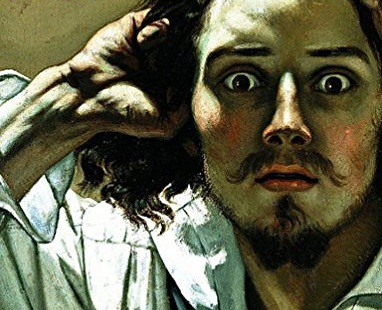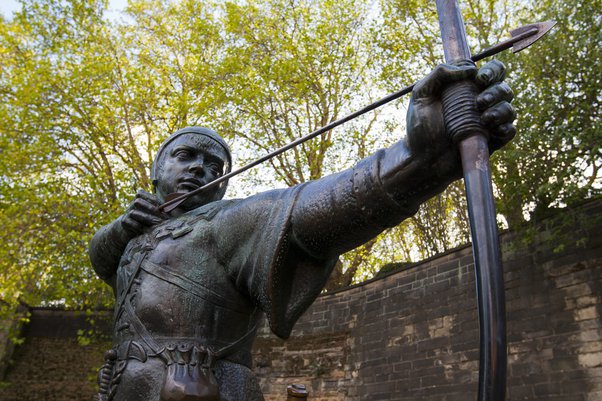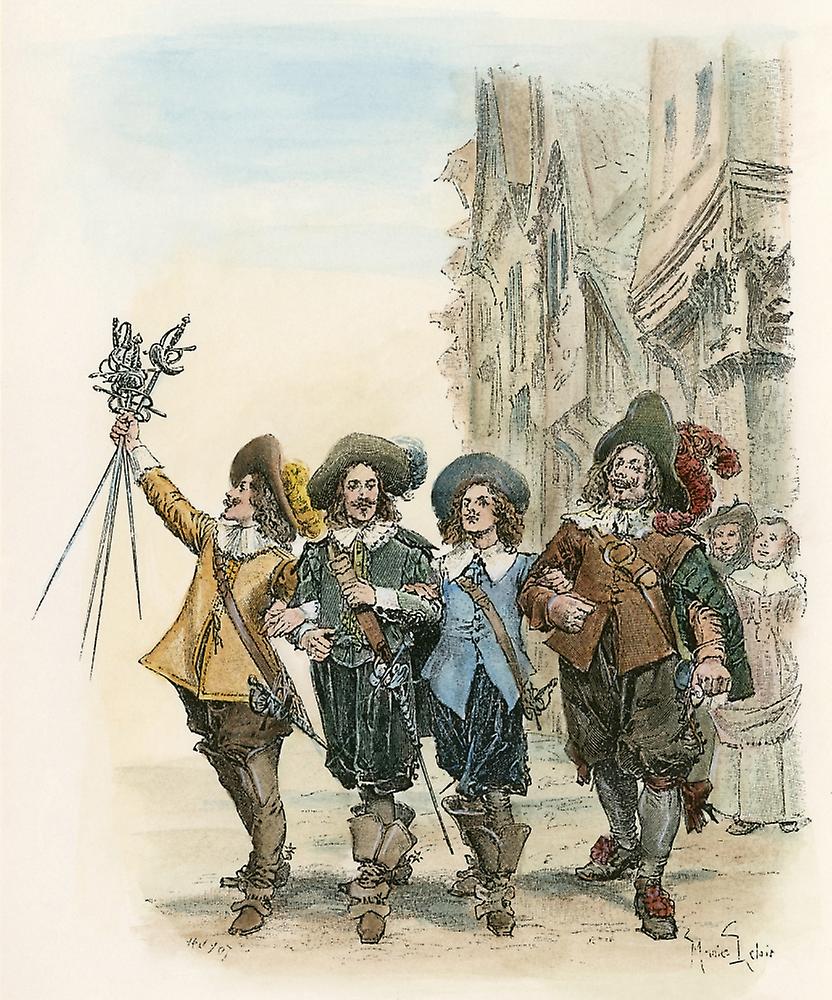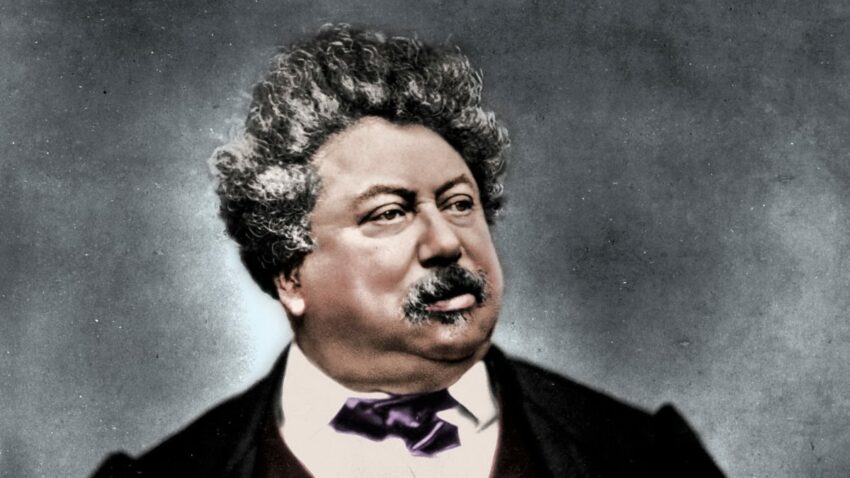This year is the 221st anniversary of Alexandre Dumas’ birth. The famous french writer and dramatist was born on July 24th 1802. He wrote over two undreds novels, especially historical ones. He is mainly known for masterpieces such as Robin Hood – Prince of Thieves, The Count of Monte Cristo and The Monsketeers that have had during the years many adaptations in movies and tv series.
Alexandre Dumas is considered one of the most important french author of the 19th century, even though his writing style is not always of the first order. In fact, his prose is long and articulated, characterized by long sentences and many repetitions. However, it is smooth and grabbing. His adventurous stories has the ability to grab the reader, engaging him/her emotionally. They were published as serialized stories (feuilleton) in journals and magazines. He is indeed considered the forerunner of the modern soap opera.
In order to celebrate the writer’s birth anniversary, here are three quotes from his three most known works aforementioned.
FROM “THE COUNT OF MONTE CRISTO”
“There are two ways of seeing: with the body and with the soul. The body’s sight can sometimes forget, but the soul remembers forever.”
Alexandre Dumas wrote The Count of Monte Cristo in the 1846, or it’s better to say that it was completed in that year after being serialized in the Journal des Débats. Then it was published as a single book.
It’s an adventure story that takes place in France, Italy, and islands in the Mediterranean during the era of the Boubon Restoration 1815-1839 through the reign of Louis-Philippe of France. It’s a story of vengeance, mercy, hope, justice and forgiveness. The protagonist Edmund Dantes is a sailor with a bright future who gets injustly imprisoned for 14 years, falsely accused for treason. He manages to escape from prison and he changes his identity into the Count of Monte Cristo in order to take his revenge on those who have failed him. He plans and waits patiently for 10 years before implementing his revenge.
So the quote is one of his lines in the book, it refers to the fact that there are two types of wound that a person can experience: the physical and the emotional ones. The first ones can be cured, they can become scars and then disappear. The second ones instead are more complicated, more profound, they affect the soul, the emotions, the feelings of the person. It’s harder recovering from them. They can become an echo of the past, a reminder of that bad experience that has caused them and haunted the person for the rest of his or her life.
Edmund has never forgotten the feeling to be betrayed, the burning sensation to be stabbed in the back by the ones he trusted more. He waits, holding on to that sensation until the moment he could have made the betrayers pay. “Wait and hope” he says in another line because hope never dies.

FROM “ROBIN HOOD – PRINCE OF THIEVES”
“I steal from the rich to give to the poor”
Everyone knows Robin Hood. He is the heroic outlaw of the english folklore depicted as a skilled archer and swordman. There are many versions of him and his story in ballads and tales as well as there are many different adaptations in movies and tv series. However, in all of them Robin Hood, beside his origins, is a hero who fights for justice, to protect the people against the oppression.
Alexandre Dumas wrote his version of this legend Robin Hood – Prince of thieves that was published posthumously in the 1872. It tells about the birth and young years of the hero, about the adventure who takes him to collide with the Nottingham Sheriff and become an outlaw, leader of a group of rebels called “the cheerful brigate” hidden in the Sherwood Forest.
Robin’s story is a story of justice, loyalty, courage and faith. Robin Hood teaches that we do not have to give up in front of injustice, we have to fight for what is right with courage, we have to be strong and keep going no matter what until the things won’t change.

FROM “THE THREE MUSKETEERS”
“All for one and one for all, united we stand divided we fall.”
Everyone knows this quote, it comes from The Musketeers, the novel written by Alexandre Dumas in the 1844. It takes place in France between 1625 and 1628 and tells the adventures of a young man named d’Artagnan who leaves his home to join the Muskeeters of Guard in Paris. There he meets and befriend three musketeers Athos, Portos and Aramis and gets involved into affairs of state and at court.
The Muskeeters is an adventure novel whose main themes are unity, cooperation and trust. Its story is a lesson about how working in team works. A group, as sociologists and psychologists like Kurt Lewin say, is more the simple sum of parts. It is a dynamic and powerful beings which have the power to influence people and communities. People may come to a group from different dispositions but if they have a common objective, they are likely to act together to achieve it.
That’s what happens to d’Artagnan and the three Musketeers. All of them comes from different experiences, they get to know each other and slowly they start to share the same vision. They understand that together are stronger than alone and they join their forces becoming a team.
What happens to the team, to the group, influence all its parts and viceversa. This is called interdependence. A group is a “dynimic whole” where the relationships and the behaviors of each parts are mutually interdependent. We see it with d’Artagnan and the Musketeers, their behavior and life experience affect each other both in positive and negative way.


